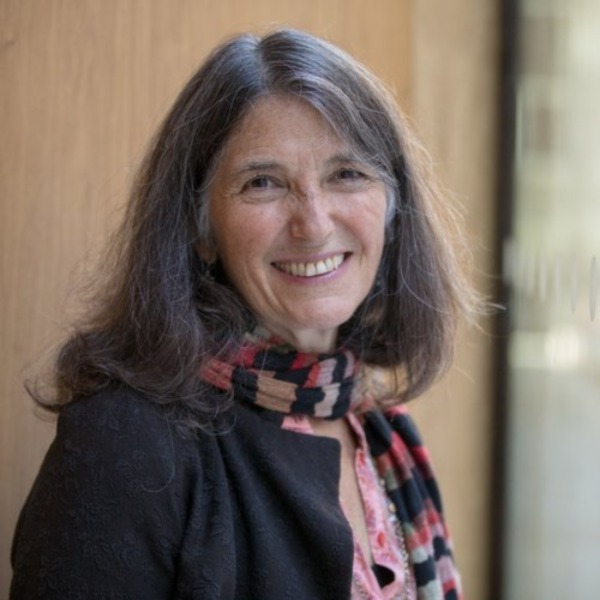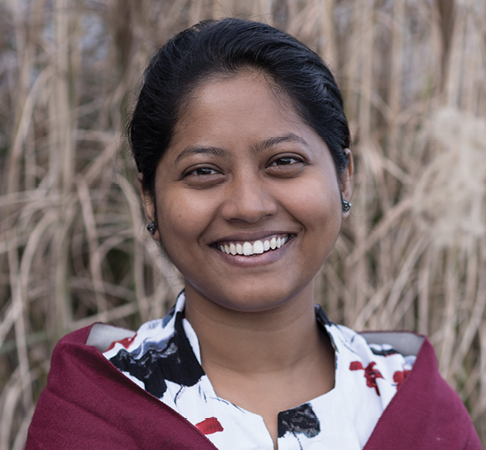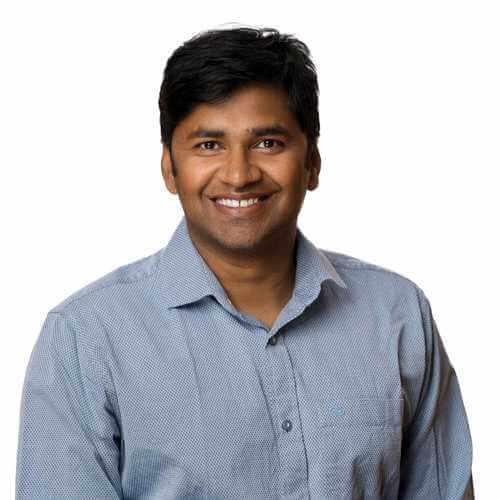A view of the Rohingya Refugee Camp in Kutupalong, Cox's Bazar. Photo credit: SH Saw Myint on Unsplash.
On World Refugee Day, we invite you to spare a moment to close your eyes and ask yourself: "What if you were born in the Rakhine state of Myanmar? What if your ancestral home was burnt into ashes in front of your eyes? What if you had to risk your life and cross the border to enter a country that would never be home?"
The Rohingya people displaced by genocide from their ancestral home in the Rakhine state of Myanmar to camps in Bangladesh are among the most access-denied people on this earth. It is unimaginable for people to understand what the Rohingya refugees have been through, unless they have experienced similar life-threatening situations. However, as conscious citizens of the world, we cannot close our eyes and say naively, “We don’t understand.” Rather, we need to ask ourselves: "Are we trying to understand? Are we trying hard enough?"
We are convening a small group of Atlantic Fellows who are passionate about this topic to share knowledge and experiences so that we can collectively amplify awareness about the Rohingyan genocide globally to contribute to restoring justice. Each of us has a direct, often personal, connection to the injustices. Two of us worked with Rohingyas in the past and bring the perspective of the place of refuge for forcibly displaced Rohingya and its echoes with the 1971 genocide within Bangladesh. Rooted in her family experience of the Armenian genocide, another Fellow can reflect the integration of genocides across space and time. She is currently working on a project titled "The Book of Genocides" that includes the history of Rohingya people.
Thanks to the Atlantic Institute’s Connect grant, we are able to engage in a series of conversations and meetings with each other, both virtual and in-person, to share and build our knowledge base and to make the Rohingya experience more visible. Coming from distinct disciplines — the arts, finance, health and social activism — we bring distinct vantage points to the ongoing Rohingyan genocide. In January 2023, two of us spent time in some of the camps in Cox’s Bazaar District and on the island of Bhasan Char that are home to over one million Rohingya. We spoke with residents, staff, administrators and representatives from many NGOs providing services. Over 723,000 Rohingya who arrived in Bangladesh since 2017 are technically not labeled as refugees, instead camp administrators call them Forcibly Displaced Myanmar Nationals because Bangladesh, a low-income country, cannot afford the demands that refugee status will impose on them as a host country. Meanwhile, the stateless Rohingya with their citizenship stripped away in Myanmar cannot apply for asylum without this refugee status. Likewise, the global community won’t label what is happening in Myanmar a genocide, because the 1948 UN Convention on the Prevention of Genocide and the Responsibility to protect, would then require action. The very mechanisms created to protect contribute to trapping the Rohingya today.
Through our collaboration, we want to spread the message of hope and hold perpetrating governments accountable while encouraging everyone to link across human-made divisions. The wider Atlantic Fellows community can connect other Fellows impacted by other genocides around the world. Working together, we will be able to connect the dots among the challenges, privileges and vulnerabilities we each experience through our place of birth and country of citizenship. This work will not only showcase the injustices of the world we live in but also present arts and creativity as a healing force, both individually and collectively. Making linkages in solidarity across the globe through the common experience of genocide, we aim to amplify one another’s stories and collective capacity to restore justice for a better world.








.png)

